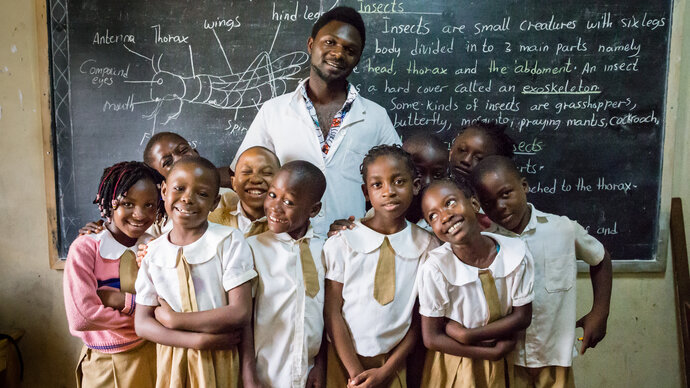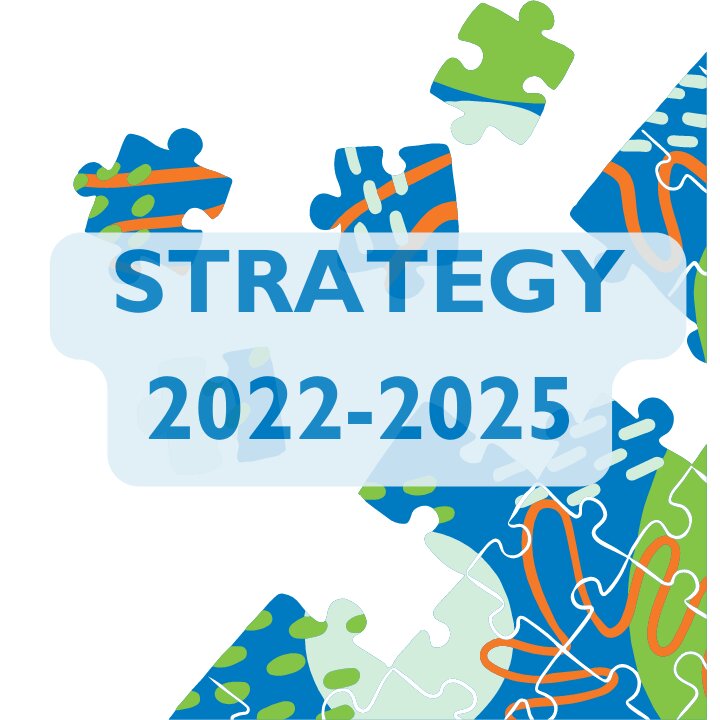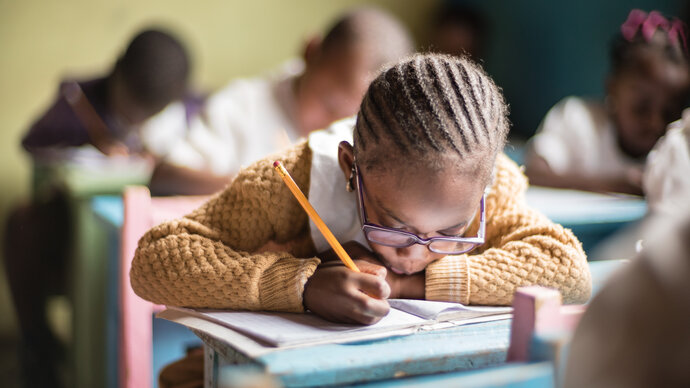Schistosomiasis is a debilitating disease that blights the lives of children, adults and entire communities. We are working together to control schistosomiasis and eliminate it as a public health problem globally.
Moving Towards Elimination
1














